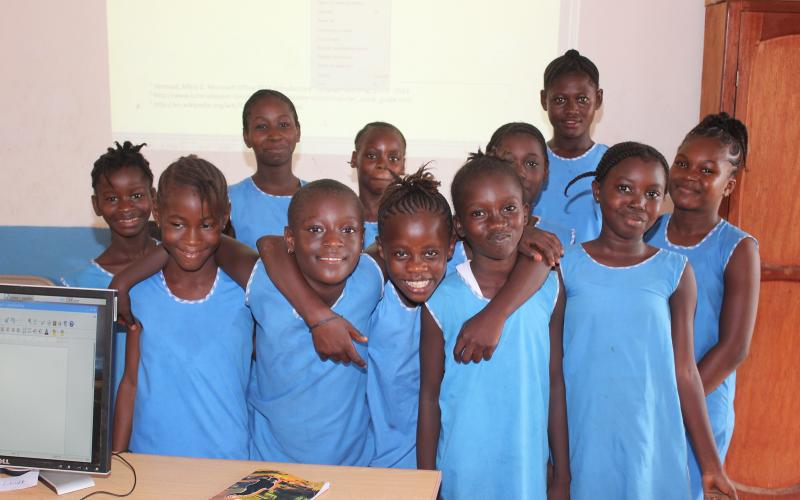
Seventy-five percent of Sierra Leone citizens are employed by agriculture, and this sector accounted for nearly half of the country’s GDP according to a 2012 report published by the International Food Policy Research Institute (Johnson, Johnson, Kandeh, Jalloh & Thomas, 2012). This statistic is surprising when you consider that almost half of the working-age citizens of Sierra Leone are engaged in subsistence farming (Cia.gov, 2016). Imagine the economic potential if African smallholders were able to significantly increase their crop yield.
To advance agribusiness and take farming beyond the subsistence level, more investment in education is critical. Smallholders educated in modern farming methods can increase yields beyond the current bare-minimum levels; they can begin harvesting enough crops to make a profit. By increasing local production of agricultural goods, reliance on imports will be decreased and local economies will thrive.
Now that the World Health Organization has declared Sierra Leone free of the Ebola virus, children are able to go to school once again. Now is the time to act! An education program that leads to a university degree or that prepares students to work (and make advancements) in local agriculture could have a positive impact on the entire country. Investment in education will ultimately help Sierra Leone farmers increase agricultural production. Of course, it will take time to realize a return on this investment. In the meantime, why not make classes available to farmers now so that they can quickly begin using the best farming practices available?
Progress is a circular endeavor. Every donor who sponsors a child is making an investment in Africa’s future. A child will have the chance to grow and blossom because of your generous donations. Sponsoring a child will not only provide educational opportunities, it will give the child a chance to become a leader. Will the child you sponsor emerge as a leader who will make life better for local families or an entire village? Every child has the potential to become a leader who will change the future of Sierra Leone. With your help, this potential can be realized. Help provide leadership training today!
References:
Johnson, R., Johnson, R., Kandeh, M., Jalloh, A., & Thomas, T. (2012). West African Agriculture and Climate Change: A COMPREHENSIVE ANALYSIS — SIERRA LEONE (p. 1). Washington D.C.: INTERNATIONAL FOOD POLICY RESEARCH INSTITUTE. Retrieved from http://ebrary.ifpri.org/utils/getfile/collection/p15738coll2/id/127302/filename/127513.pdf
Cia.gov,. (2016). The World Factbook. Retrieved 27 February 2016, from https://www.cia.gov/library/publications/the-world-factbook/geos/sl.html
Image:
https://www.flickr.com/photos/internetarchivebookimages/20494751940/: The Conservation Atlas of Tropical Forests: Africa: No known copyright

